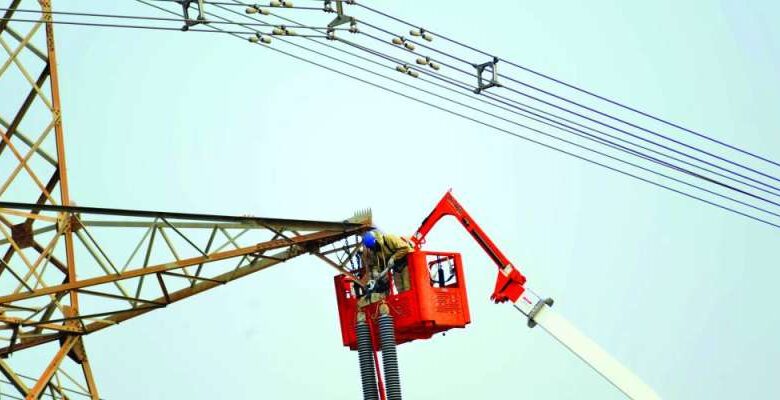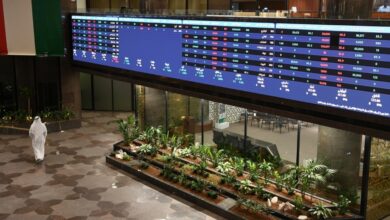Electricity crisis: Surging loads raise fear of peak-time ‘cut offs’
The temperature rise in Kuwait spurs record electricity demand, nearing 17,000 megawatts and production capacity in the upcoming summer months.

-
The Ministry of Electricity, Water, and Renewable Energy is facing a critical stage due to the upcoming electricity production shortages crisis, expected to start next summer and extend until 2028, as there are no projects slated for completion in the next three years
-
The ministry was unable to add approximately 13,000 megawatts due to the slow documentation process in implementing its projects
The gradual increase in maximum temperature has caused the electrical load index to start rising, heading towards record-breaking electricity consumption rates in the upcoming summer months. Consumption is expected to surpass the 17,000 megawatt mark, nearing production levels.
Informed sources at the Ministry of Electricity, Water, and Renewable Energy informed Al-Rai newspaper that “the ministry is facing a critical stage due to the upcoming electricity production shortages crisis, expected to start next summer and extend until 2028, as there are no projects slated for completion in the next three years.” They indicated that “the crisis could worsen year after year due to the ongoing urban expansion in Kuwait, particularly in new residential areas.”
The sources attributed the crisis the ministry is currently facing to delays in proposing and implementing electricity and water production projects. These delays include projects proposed by either the Ministry or the Public-Private Partnership Projects Authority. Additionally, the crisis is exacerbated by the obsolescence of production units in generation stations and the high maintenance costs associated with them.
They pointed out that ministry officials are “relying on next summer’s maximum temperature not reaching record levels. There are concerns about potential severe measures, such as planned power cuts, if the temperature indicator reaches dangerous levels for farms, chalets, and businesses during peak hours between one and three in the afternoon.”
The sources mentioned several recommendations to avoid production shortages, which were put forward by two fact-finding committees on the causes of the electricity shortage. These committees were formed by Dr. Salem Al-Hajraf, Minister of Electricity, Water, Renewable Energy, and State Minister for Housing Affairs, and his predecessor, Dr. Jassim Al-Astad.
He stated, “Among the recommendations to overcome the current crisis and alleviate the severity of the electricity shortage are several options, starting from utilizing the Gulf interconnection between the Cooperation Council countries. Additionally, there is a proposal to reduce loads by no less than 20 percent during peak times (1 p.m. – 3 p.m.) in industrial areas, including factories and certain oil facilities.”
Gulf energy pact: A temporary fix for looming electricity crisis
The sources mentioned, “Completing the agreement to import electrical energy from some Gulf countries through the Gulf Interconnection Authority can temporarily alleviate the expected electricity crisis. However, it cannot prevent it during the upcoming summer seasons, as expectations suggest that the anticipated shortage may reach 1,000 megawatts during the summer of 2025.”
The sources explained that “due to technical reasons, the ministry cannot import more than 600 megawatts from the Interconnection Authority. These limitations are determined by technical factors related to the size of the interconnection lines between the Gulf countries.”
Slow documentation hampers projects
The Ministry of Electricity, Water, and Renewable Energy was unable to add approximately 13,000 megawatts due to the slow documentation process in implementing its projects, whether they were presented through the Ministry or the Public-Private Partnership Projects Authority.
Partnership projects:
- Al-Zour North Station (second and third phases), with a capacity of 2,700 MW.
- Al-Khairan (first phase), capacity of 1,800 MW.
- Al-Shaqaya (renewable energy) with a capacity of 4,500 MW.
Ministry projects
- Nuwaiseeb station (first phase), with a capacity of 3,000 MW.
- Subiya station (fourth phase), with a capacity of 1,050 MW.













